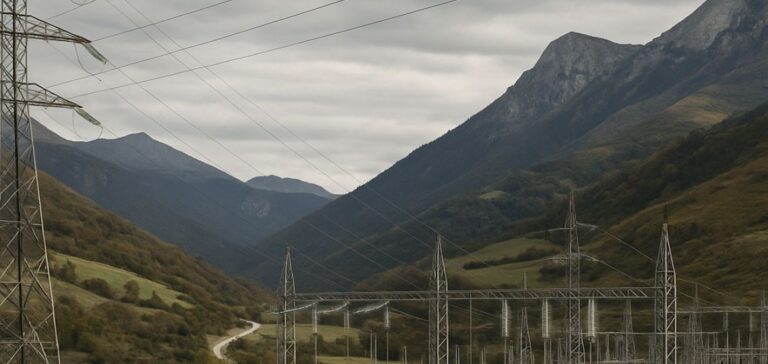The Spanish and Portuguese governments have established a joint support group to identify the causes of the major power outage that struck the Iberian Peninsula on 28 April. Spanish Minister for the Ecological Transition, Sara Aagesen, warned that no explanation will be available for several days due to the complexity of the event, described as “unprecedented” by authorities.
According to Red Eléctrica de España (REE), the national transmission system operator, the incident caused a collapse of 15 gigawatts of electrical load — equivalent to 60% of Spain’s consumption — within just five seconds. This sudden drop triggered a cascade of outages across the peninsula.
Technical scenarios still unconfirmed
In an interview published on 4 May in El País, Sara Aagesen stated that “all hypotheses are open,” including that of a cyberattack. This possibility is under judicial investigation in Spain, although REE reported that “no intrusion” had been detected in its control systems.
Asked about the potential role of renewable energy, the minister acknowledged the possibility of a malfunction originating from photovoltaic installations in southwestern Spain. However, she emphasised the premature nature of such assumptions: “As of today, we do not know which installations stopped operating.” REE previously cited two distinct technical events, occurring one and a half seconds apart, as the likely origin of the imbalance.
A network weakened by production-demand balance
Sector experts have questioned the network’s stability in a context where wind and solar energy account for a growing share of supply, without fully integrated technological balancing systems. The minister rejected the idea that high renewable penetration was to blame, noting that the system operated without issue on other days with even higher solar output and lower demand.
She defended Spain’s energy mix, arguing that it strengthens the country’s energy independence. She also criticised efforts to blame renewables for the outage, calling such diagnoses “simplistic” and “irresponsible”.
Spain urges France to strengthen interconnections
Beyond the technical causes, Sara Aagesen highlighted the importance of reinforcing the resilience of the Iberian system through expanded interconnections with France. “The more interconnections we have, the more robust the Iberian system will be,” she stated. Two cross-border projects through the Pyrenees are currently stalled due to local opposition in France, mainly on environmental grounds.
The minister urged that this bilateral impasse be overcome, noting that the issue concerns the European energy market as a whole. “France must understand that the interconnections must go ahead, no matter what,” she said, adding she is “convinced that the environmental impact can be mitigated.”
The findings of the Spanish-Portuguese inquiry group will be shared with European institutions, including the Agency for the Cooperation of Energy Regulators (ACER) and the European Network of Transmission System Operators for Electricity (ENTSO-E). No date has been given for the release of the conclusions.






















